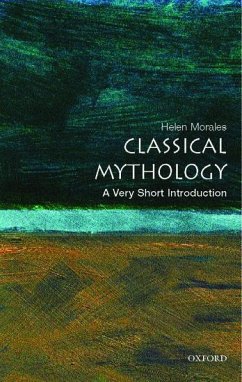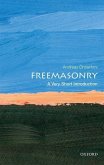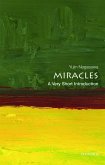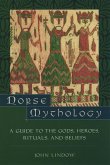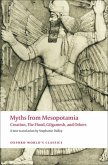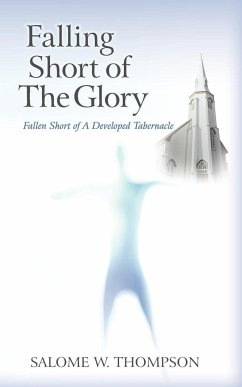From Zeus and Europa, to Diana, Pan, and Prometheus, the myths of ancient Greece and Rome seem to exert a timeless power over us. But what do those myths represent, and why are they so enduringly fascinating? Why do they seem to be such a potent way of talking about our selves, our origins, and our desires? This imaginative and stimulating Very Short Introduction goes beyond a simple retelling of the stories to explore the rich history and diverse interpretations of classical mythology. It is a wide-ranging account, examining how classical myths are used and understood in both high art and popular culture, taking the reader from the temples of Crete to skyscrapers in New York, and finding classical myths in a variety of unexpected places: from Arabic poetry and Hollywood films, to psychoanalysis, the Bible, and New Age spiritualism.

